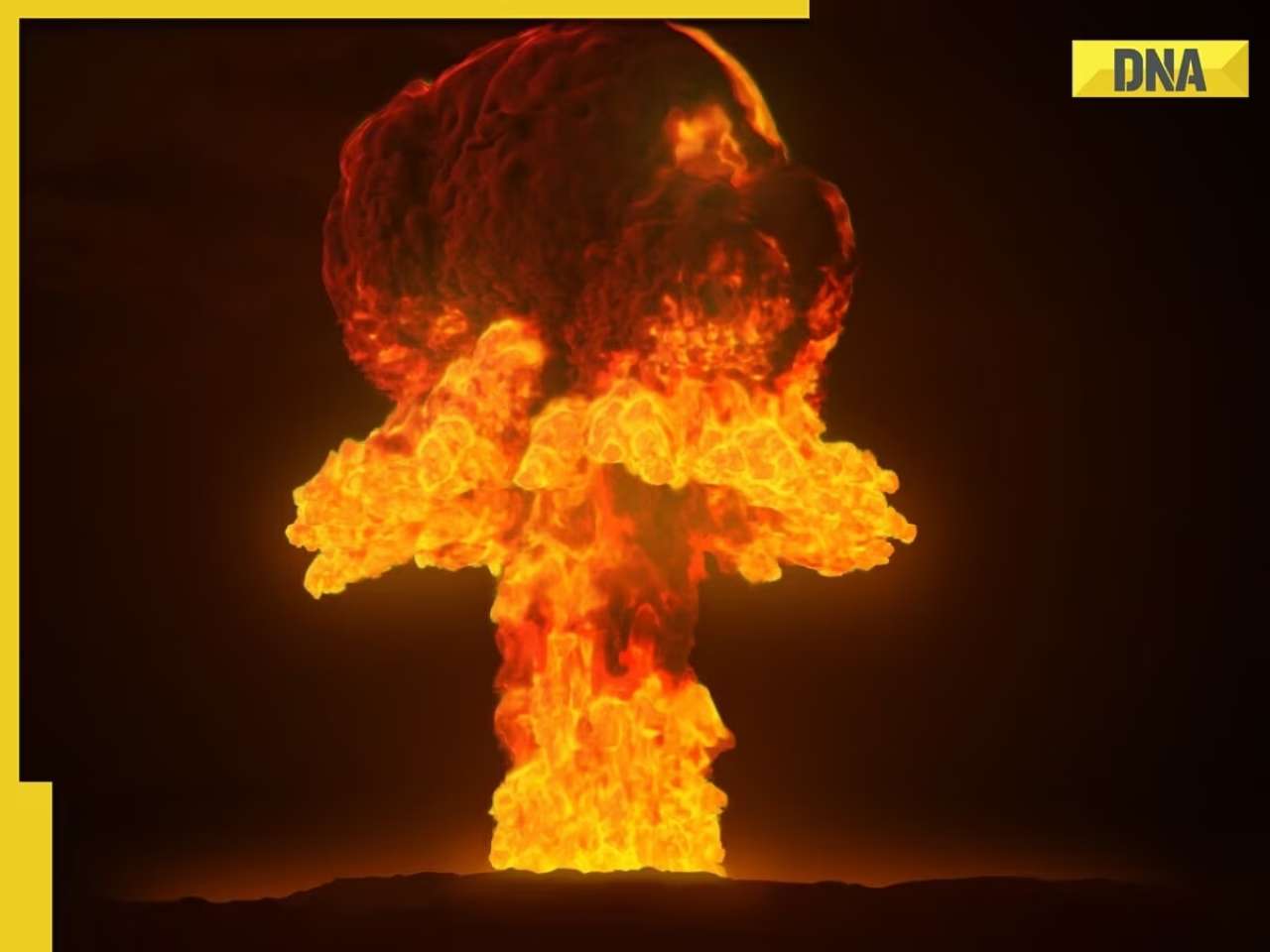Earth will rotate 1.34 milliseconds faster than usual on July 22, making it the second-shortest day of 2025. Slight changes in Earth’s spin are becoming more common and are tracked closely for their impact on satellite and digital systems.
Earth is expected to complete its rotation slightly faster than usual on Tuesday, July 22, 2025, making it the second-shortest day of the year. According to international timekeeping records, our planet will finish its spin 1.34 milliseconds faster than the standard 24 hours. While this change may be far too small to notice in daily life, it’s a fascinating reminder that Earth’s rotation is not as steady as we once thought. This follows July 10, 2025, which holds the record for the shortest day of the year so far, ending 1.36 milliseconds earlier than expected. However, neither of these come close to the current all-time record, which was observed on July 5, 2024, when Earth completed a full rotation 1.66 milliseconds shorter than the average 24-hour day.
Why Are Days Getting Shorter?
The length of a day is determined by how long it takes Earth to rotate once on its axis. Although 24 hours is the accepted average, this timing can vary slightly due to a range of natural and environmental factors.
These include:
Tidal forces from the Moon
Seismic activity
Melting glaciers and the redistribution of Earth's mass
Climate patterns like El Niño and La Niña
Inner core dynamics and movement of molten iron
Even man-made factors, like large-scale water reservoir projects or massive earthquakes, can shift Earth's mass enough to influence the spin.
In recent years, scientists have noticed that Earth’s rotation is speeding up slightly, leading to more frequent occurrences of such micro-short days. This phenomenon has raised questions about whether we might eventually need to add negative leap seconds to our atomic clocks—essentially subtracting a second to keep up with the faster spin.
Why It Matters
Though the millisecond differences don’t impact your day-to-day routine, they’re significant for high-precision systems such as:
GPS satellites
Telecommunications
Astronomical observations
Stock markets and data centers
These systems rely on atomic timekeeping, which is precise to the billionth of a second. A millisecond error could lead to slight but noticeable disruptions in calculations or transmissions.
In short, while July 22 may seem like just another Tuesday, it’s another reminder that our planet is constantly changing—even in ways we can’t see or feel. Scientists will continue monitoring Earth’s spin with ultra-precise atomic clocks and satellite-based tracking systems to understand these subtle shifts better.
Find your daily dose of All
Latest News including
Sports News,
Entertainment News,
Lifestyle News, explainers & more. Stay updated, Stay informed-
Follow DNA on WhatsApp.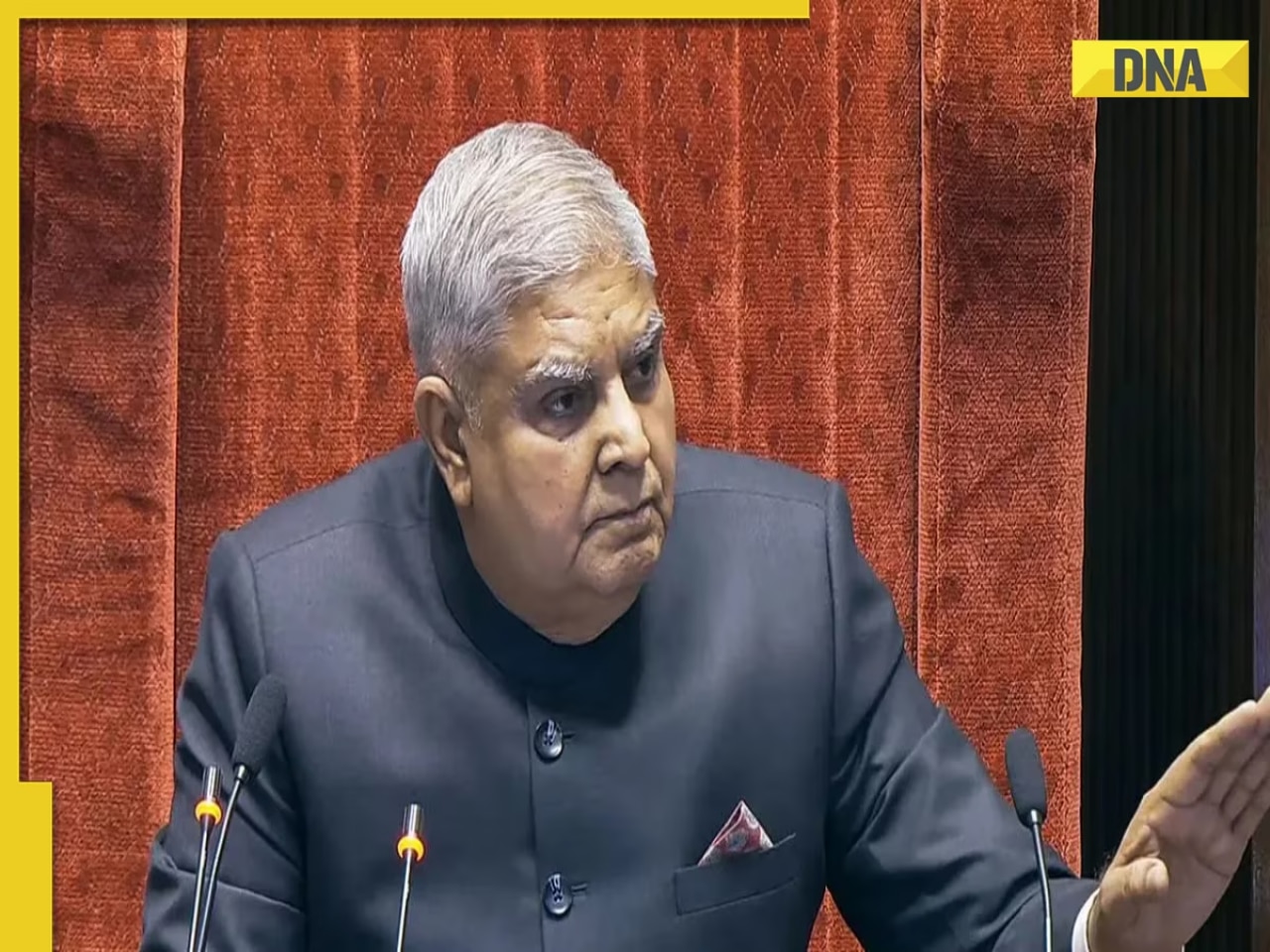 Who will be the next Vice President of India after Jagdeep Dhankhar resigns?
Who will be the next Vice President of India after Jagdeep Dhankhar resigns? Election Commission: This state becomes first in India to have electors less than 12,000
Election Commission: This state becomes first in India to have electors less than 12,000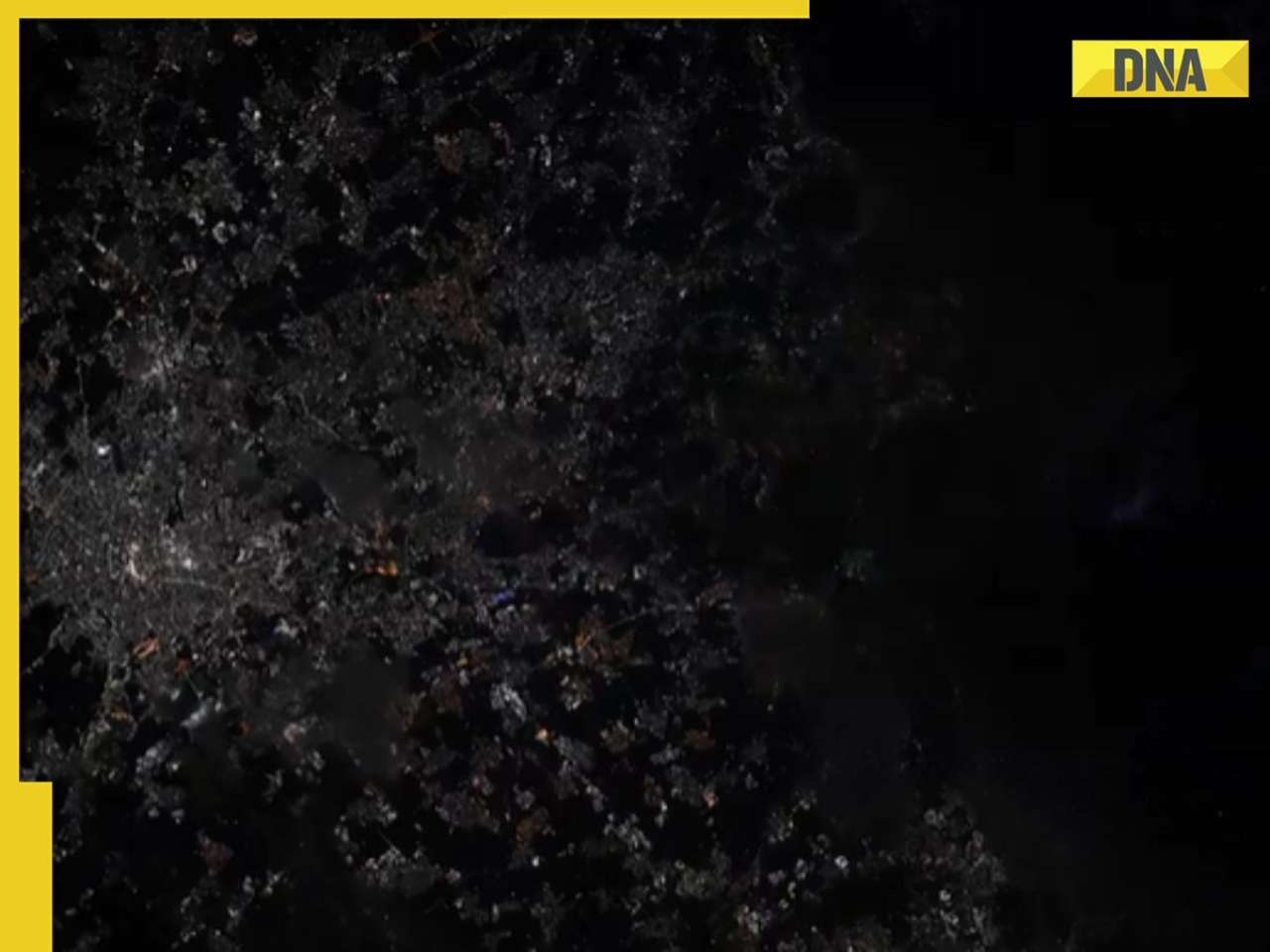 Viral Video: Astronaut shares stunning image of natural phenomenon over this city, it is...
Viral Video: Astronaut shares stunning image of natural phenomenon over this city, it is... 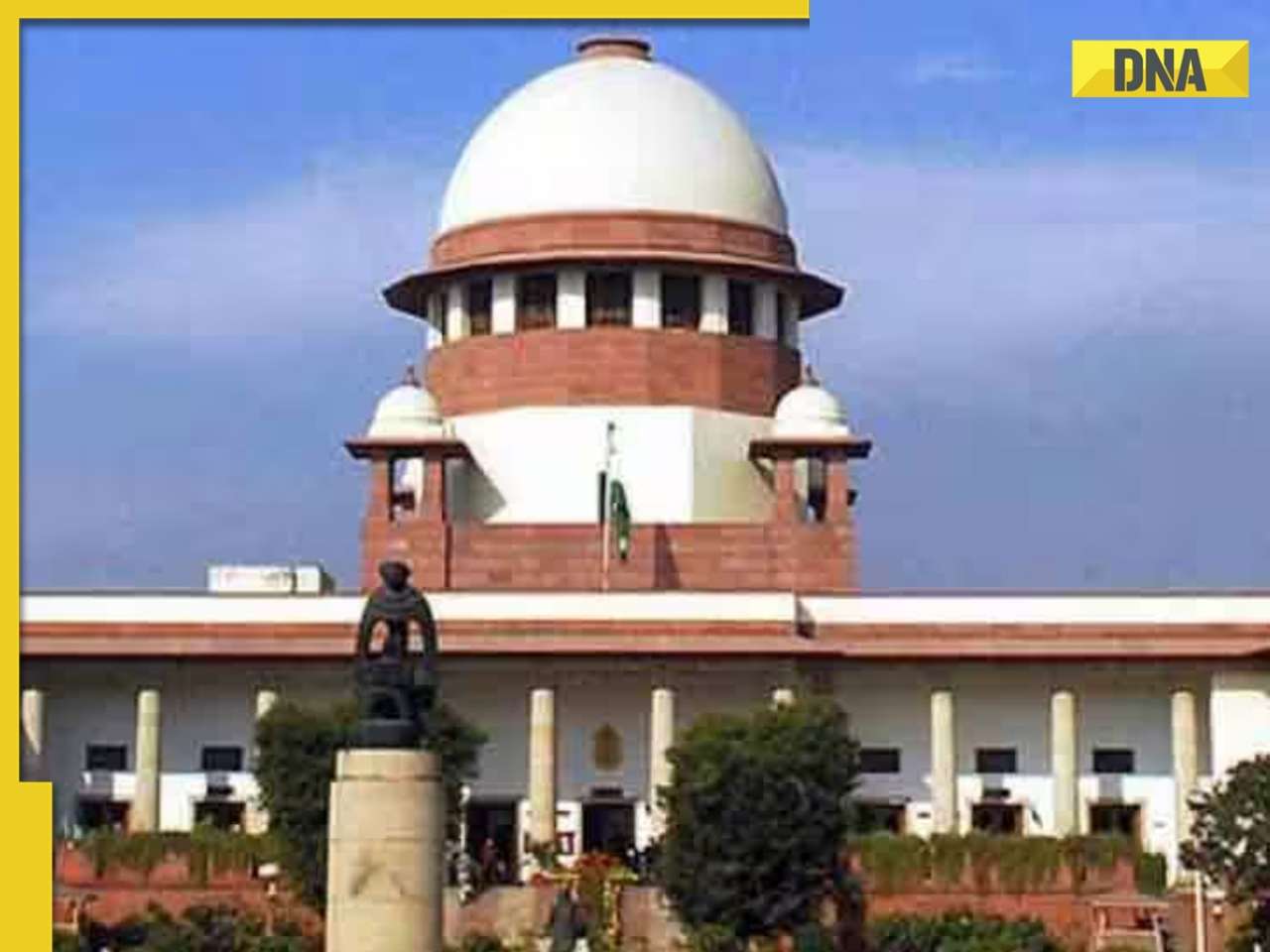 DNA TV Show: SC questions ED, rejects its plea against Karnataka CM’s wife in MUDA case
DNA TV Show: SC questions ED, rejects its plea against Karnataka CM’s wife in MUDA case IND vs ENG: Will Team India end 89-year-old curse at Old Trafford against England? Know the full story
IND vs ENG: Will Team India end 89-year-old curse at Old Trafford against England? Know the full story Why do you lose your temper after drinking alcohol or eating meat? Know 7 ways to manage it
Why do you lose your temper after drinking alcohol or eating meat? Know 7 ways to manage it Want healthy liver? Ditch these 7 foods immediately
Want healthy liver? Ditch these 7 foods immediately What is a buffalo hump? Here are 7 ways to treat it naturally and effectively
What is a buffalo hump? Here are 7 ways to treat it naturally and effectively Anushka Sharma's Indian-Chinese, Kangana Ranaut's 'Gol Gappa' and more: Here are Bollywood celebs' favourite street foods
Anushka Sharma's Indian-Chinese, Kangana Ranaut's 'Gol Gappa' and more: Here are Bollywood celebs' favourite street foods Sunflower Oil: Is it bad for your health? Science-backed health benefits and risks
Sunflower Oil: Is it bad for your health? Science-backed health benefits and risks Iphone Fold: Apple’s iPhone Fold Could Solve Samsung’s Biggest Foldable Problem | Samsung Z Fold 7
Iphone Fold: Apple’s iPhone Fold Could Solve Samsung’s Biggest Foldable Problem | Samsung Z Fold 7 Trump News: Congress Seeks Answers On Trump's Alleged Mediation In Operation Sindoor
Trump News: Congress Seeks Answers On Trump's Alleged Mediation In Operation Sindoor Odisha News: Minor Burnt To Death In Puri Family Reveals Shocking Attack Details | Puri News
Odisha News: Minor Burnt To Death In Puri Family Reveals Shocking Attack Details | Puri News Odisha News: Minor Girl Burnt By 3 Men Days After Balasore Self-Immolation | Puri News
Odisha News: Minor Girl Burnt By 3 Men Days After Balasore Self-Immolation | Puri News Saiyaara: Who Is Ahaan Panday, Ananya’s Cousin, To Debut In YRF’s Mohit Suri Love Story
Saiyaara: Who Is Ahaan Panday, Ananya’s Cousin, To Debut In YRF’s Mohit Suri Love Story HUGE blow to Anil Ambani as SBI classifies him, RCom, as 'fraud'; to file complaint with...
HUGE blow to Anil Ambani as SBI classifies him, RCom, as 'fraud'; to file complaint with... India's largest govt bank raises Rs 25000 crore to fund...; over 6 crore shares bought by...; not Mukesh Ambani, Adani
India's largest govt bank raises Rs 25000 crore to fund...; over 6 crore shares bought by...; not Mukesh Ambani, Adani Deepinder Goyal makes BIG move as Zomato to launch...; aims to take on...
Deepinder Goyal makes BIG move as Zomato to launch...; aims to take on...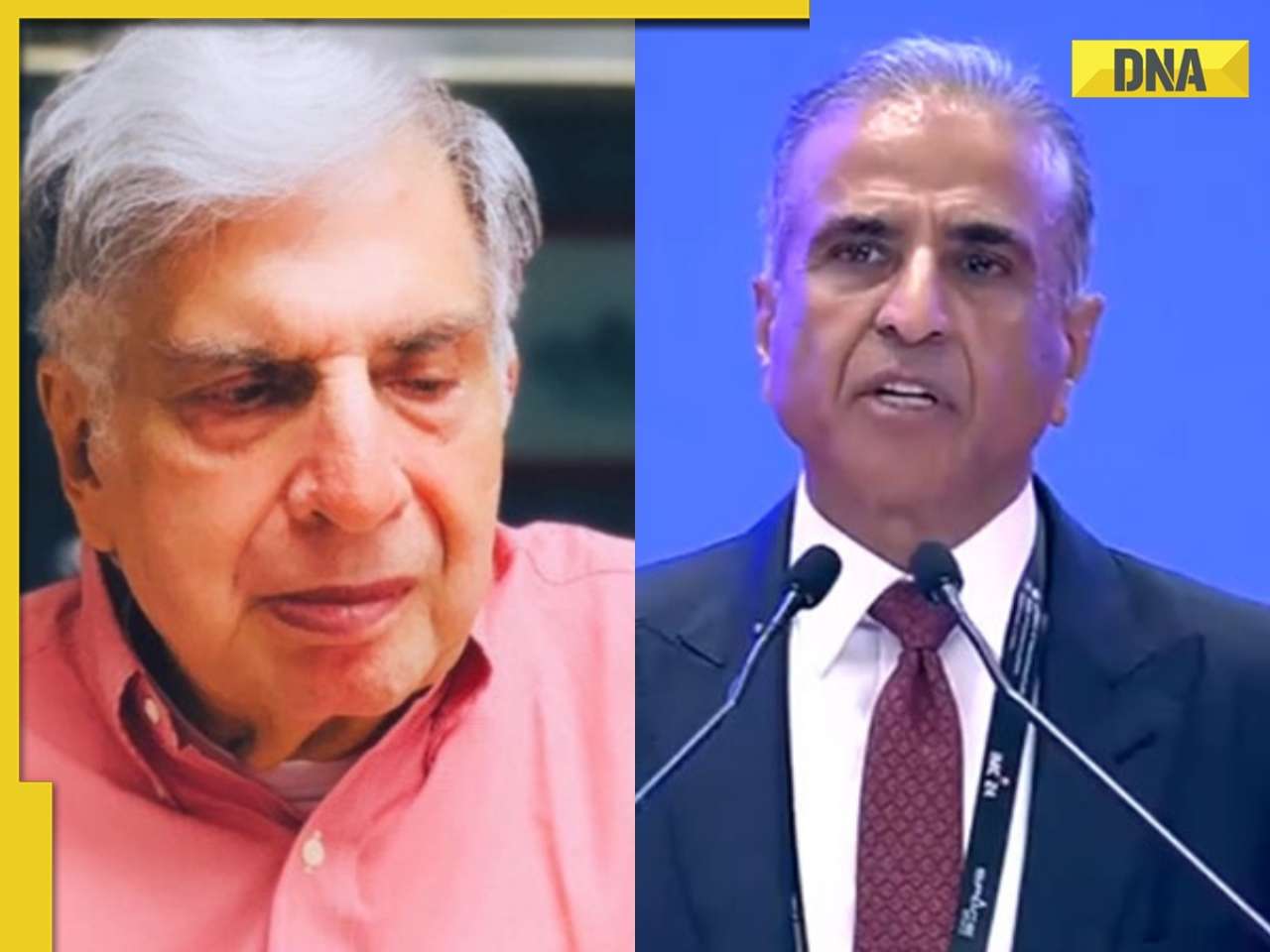 BIG win for Sunil Mittal as Bharti Airtel beats Ratan Tata's TCS to become India’s...
BIG win for Sunil Mittal as Bharti Airtel beats Ratan Tata's TCS to become India’s... Bad news for Deepinder Goyal as Zomato’s parent Eternal's net profit falls to Rs...
Bad news for Deepinder Goyal as Zomato’s parent Eternal's net profit falls to Rs... From Amitabh Bachchan in Fakt Purusho Maate to Ranbir Kapoor in Ramayana: 7 actors who’ve played gods on-screen
From Amitabh Bachchan in Fakt Purusho Maate to Ranbir Kapoor in Ramayana: 7 actors who’ve played gods on-screen Before Ibrahim Ali Khan's Sarzameen, 7 must-watch iconic patriotic films
Before Ibrahim Ali Khan's Sarzameen, 7 must-watch iconic patriotic films iPhone 17 Pro vs iPhone 16 Pro: 5 major upgrades you shouldn't ignore before buying
iPhone 17 Pro vs iPhone 16 Pro: 5 major upgrades you shouldn't ignore before buying Tesla opens first showroom in Mumbai; but is new Model Y worth it?
Tesla opens first showroom in Mumbai; but is new Model Y worth it? New mom Kiara Advani’s go-to meals: From her favourite sindhi dal chawal to nutritious oat berry bowls
New mom Kiara Advani’s go-to meals: From her favourite sindhi dal chawal to nutritious oat berry bowls Who will be the next Vice President of India after Jagdeep Dhankhar resigns?
Who will be the next Vice President of India after Jagdeep Dhankhar resigns? Election Commission: This state becomes first in India to have electors less than 12,000
Election Commission: This state becomes first in India to have electors less than 12,000 Another Air India incident as Delhi-Kolkata flight aborted moments before takeoff due to...
Another Air India incident as Delhi-Kolkata flight aborted moments before takeoff due to...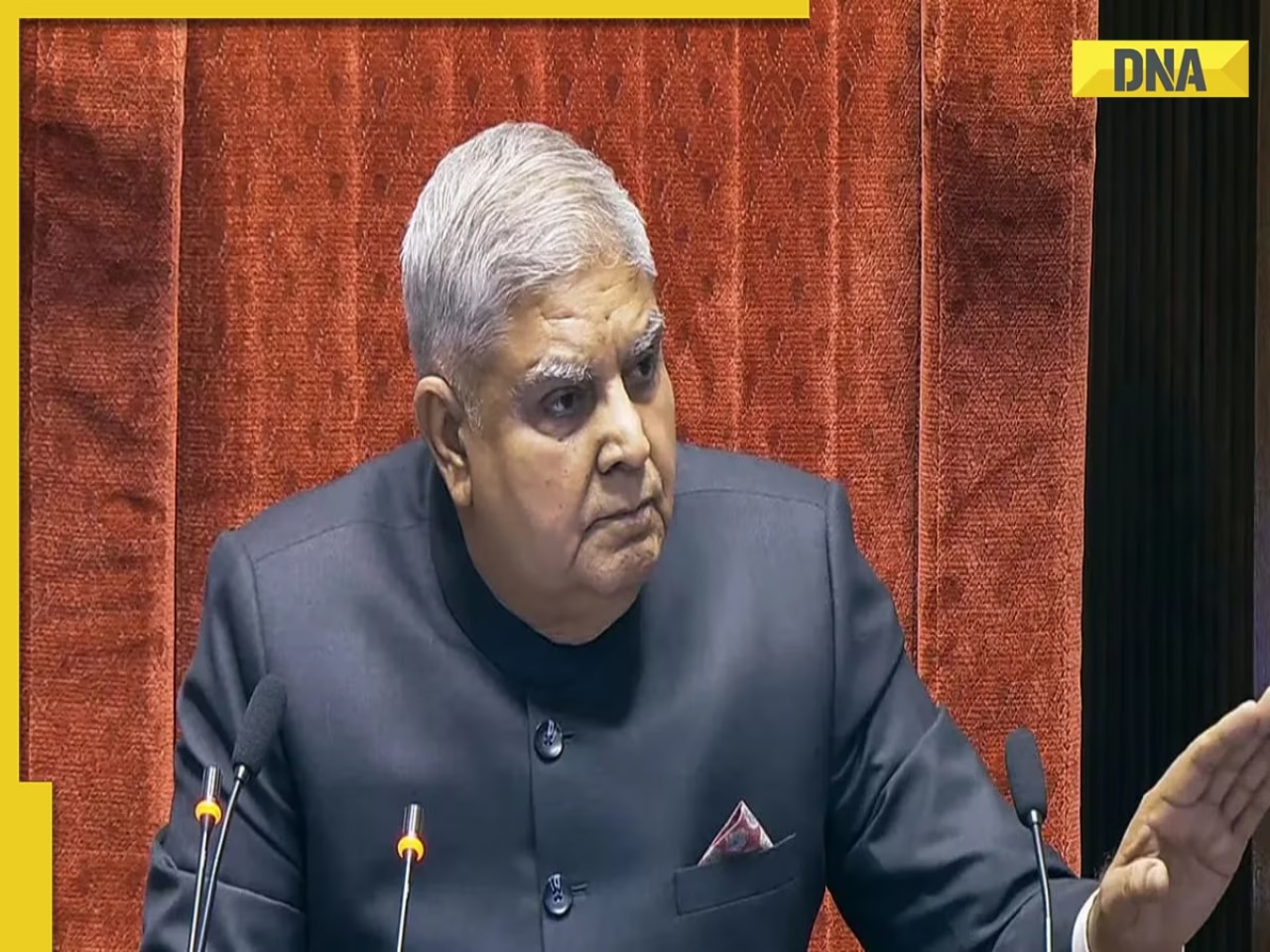 Who is Jagdeep Dhankar, second Vice President of India to resign from the post?
Who is Jagdeep Dhankar, second Vice President of India to resign from the post?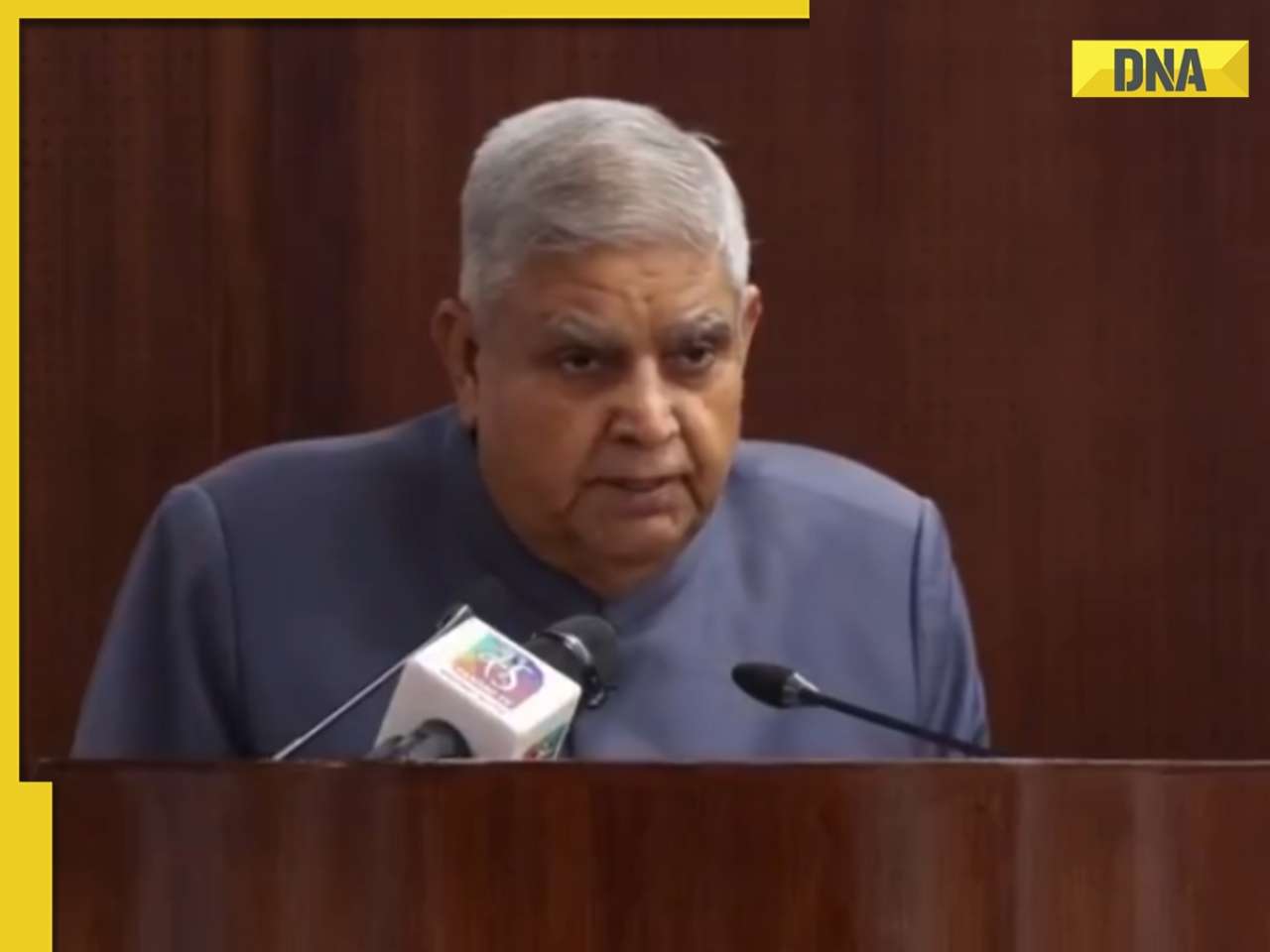 Vice President Jagdeep Dhankhar resigns from his post, to prioritise...
Vice President Jagdeep Dhankhar resigns from his post, to prioritise... CBSE takes BIG step to ensure safety of students, directs all affiliated schools to...
CBSE takes BIG step to ensure safety of students, directs all affiliated schools to...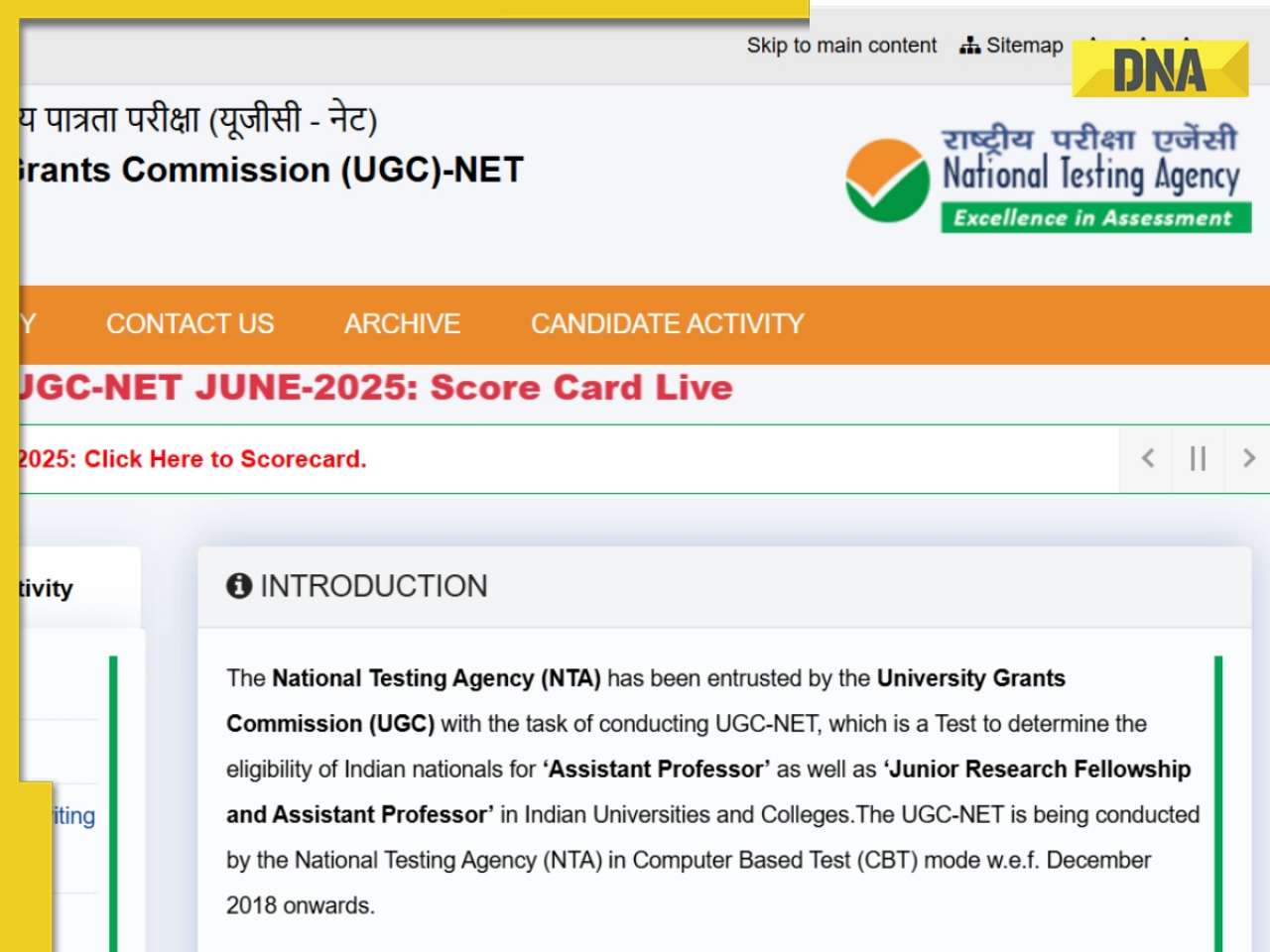 UGC NET June 2025 result released at ugcnet.nta.ac.in; get direct link, steps to download scorecard here
UGC NET June 2025 result released at ugcnet.nta.ac.in; get direct link, steps to download scorecard here NEET PG 2025 City Intimation Slip out today, here's how you can download it
NEET PG 2025 City Intimation Slip out today, here's how you can download it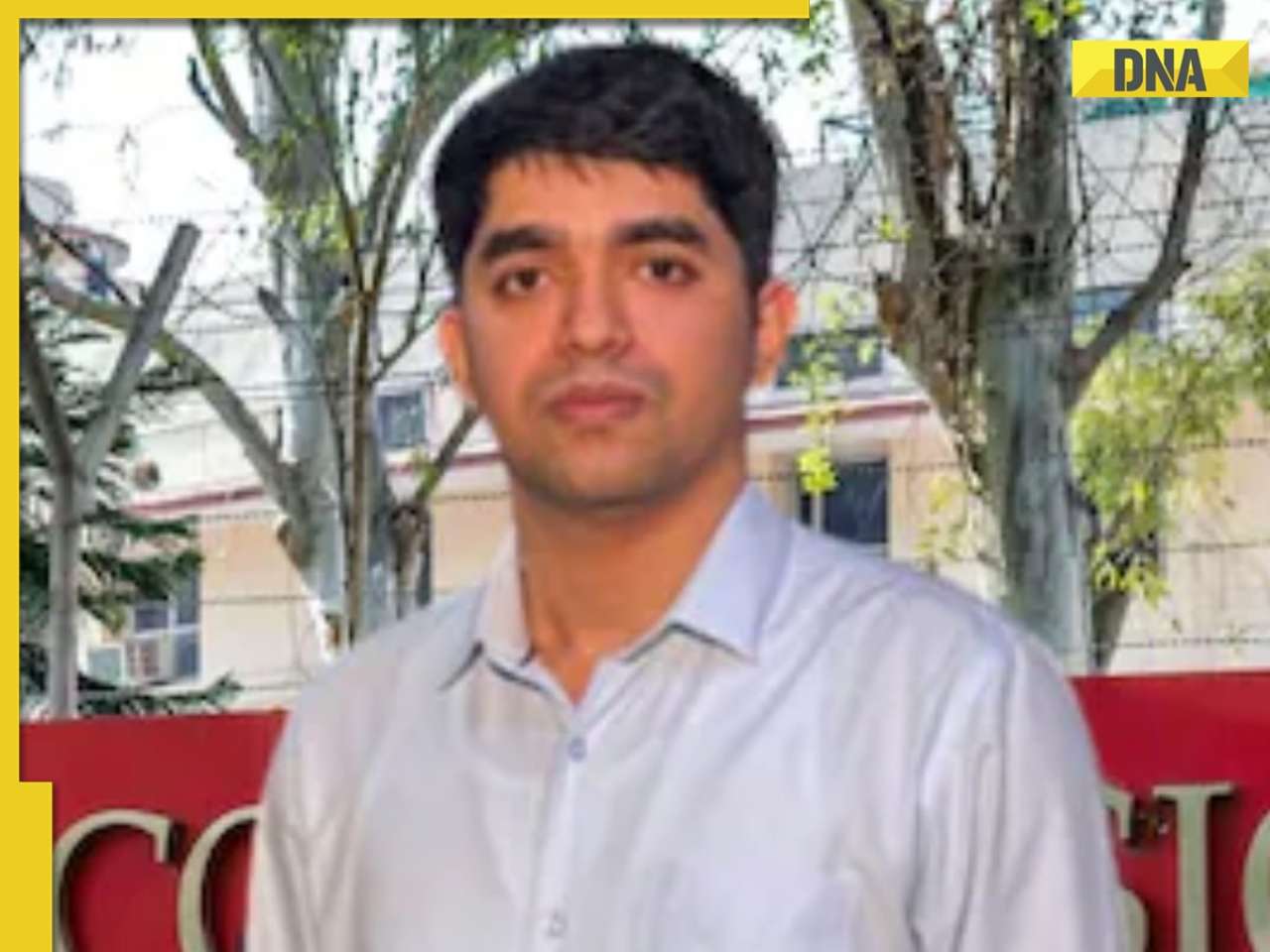 Meet IAS Shreyans Gomes, son of station master, who cracked UPSC in third attempt without any coaching, his AIR was...
Meet IAS Shreyans Gomes, son of station master, who cracked UPSC in third attempt without any coaching, his AIR was... Meet IAS officer, used AI to prepare for exam, cracked UPSC twice, his AIR was..., he is...
Meet IAS officer, used AI to prepare for exam, cracked UPSC twice, his AIR was..., he is... This is world’s most expensive wood, cost of 1kg wood is more than gold, its name is..., is found in...
This is world’s most expensive wood, cost of 1kg wood is more than gold, its name is..., is found in... This luxury car is first choice of Indians, even left BMW, Jaguar, Audi behind in sales, it is...
This luxury car is first choice of Indians, even left BMW, Jaguar, Audi behind in sales, it is... Kia India unveils Carens Clavis: Check features, design changes, price and more; bookings open on...
Kia India unveils Carens Clavis: Check features, design changes, price and more; bookings open on... Tesla CEO Elon Musk launches most affordable Cybertruck, but it costs Rs 830000 more than older version, it is worth Rs...
Tesla CEO Elon Musk launches most affordable Cybertruck, but it costs Rs 830000 more than older version, it is worth Rs... Planning to buy a Maruti Suzuki car? Prices set to rise by 4% from...
Planning to buy a Maruti Suzuki car? Prices set to rise by 4% from...




)
)
)
)
)
)
)
)
)
)
)
)
)
)
)
)

